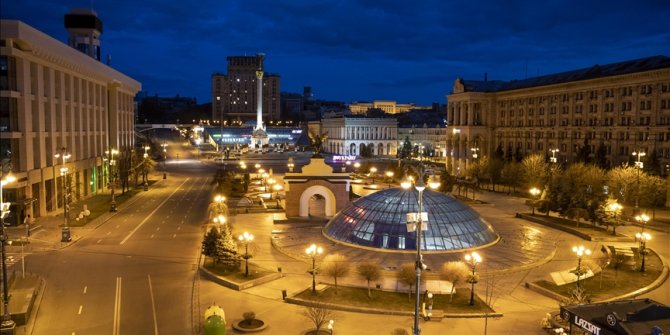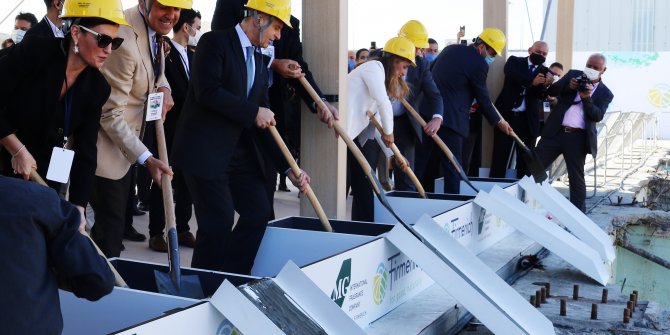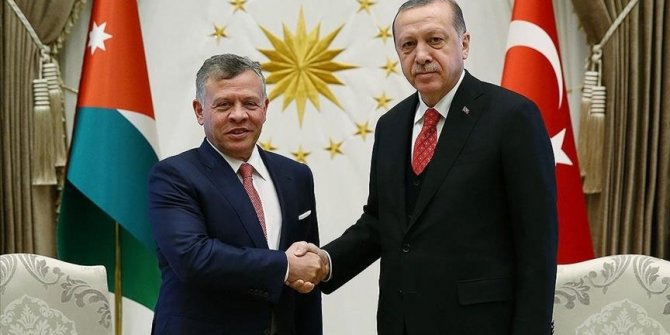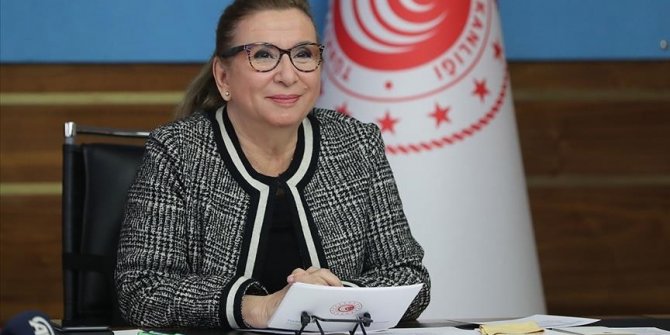35,000 migrants blocked in Mexico: UN rights chief

The UN human rights chief voiced concern Monday about the U.S. immigration policy, saying at least 35,000 asylum seekers were blocked in Mexico so far, while detentions and deportations of migrants have increased.
"So far this year, at least 35,000 asylum seekers have been pushed back to Mexican border areas to wait for their hearings. Our country offices in Mexico, Guatemala and Honduras have documented increases in detentions and deportations of migrants," Michelle Bachelet, the UN High Commissioner for Human Rights (UNHCR), said during her opening speech at the 42nd session of the Human Rights Council in Geneva.
The cases of family separation, lack of individual assessment, denial of access to services and humanitarian assistance, and excessive use of force against migrants are also noted, Bachelet added.
"I am concerned that policies currently being implemented in the U.S., Mexico and some Central American countries are putting migrants at heightened risk of human rights violations and abuses, and may violate the rights of vulnerable people," she said.
Bachelet warned that the migrant children continue to be detained in centers in both the U.S. and Mexico, saying that contravening the best interests of the child is a fundamental tenet of international law.
The UN rights chief stressed that policies and practices which aim to physically prevent migrants and the "so-called zero tolerance" policies, will only pressure desperate families to take more risky routes, where they may be "exposed to physical violence, human trafficking, sexual violence and other crimes."
"In the United States, in a nation built on its welcome to migrants, a series of recent measures have sharply reduced the protection for migrant families.
"I remain deeply disturbed by these policies, including, in particular, the continued separation of migrant children from their parents, and the prospect of a new rule which would enable children to be indefinitely detained, merely on the basis of their administrative status," Bachelet said.
"Nothing can justify inflicting such profound trauma on any child," she emphasized.
Scores of migrants from Central American countries are grappling with the U.S. anti-migrant policy at the border.
U.S. President Donald Trump has pursued a hardline approach to immigration, both legal and illegal, since coming to office and has particularly singled out Mexico for what he says is a lack of action to stem migrant flows, where people are fleeing destitute conditions, including rampant poverty and gang violence in the hopes of securing safety or asylum in the U.S.
Washington signed a safe third country agreement with Guatemala, after rejected by Mexico, to reduce immigration flows in late July and is seeking to sign with El Salvador and Honduras.
The safe third country agreement forces Central American migrants to apply for asylum in the signed country and is processed in that country before they can apply in the U.S., even though under U.S. law, migrants are allowed to apply for asylum within the U.S. or at official ports of entry.
Following a tariff threat from the U.S. administration, Mexico and the U.S. reached an agreement in June which obligates Mexico to reduce the immigration flow.









